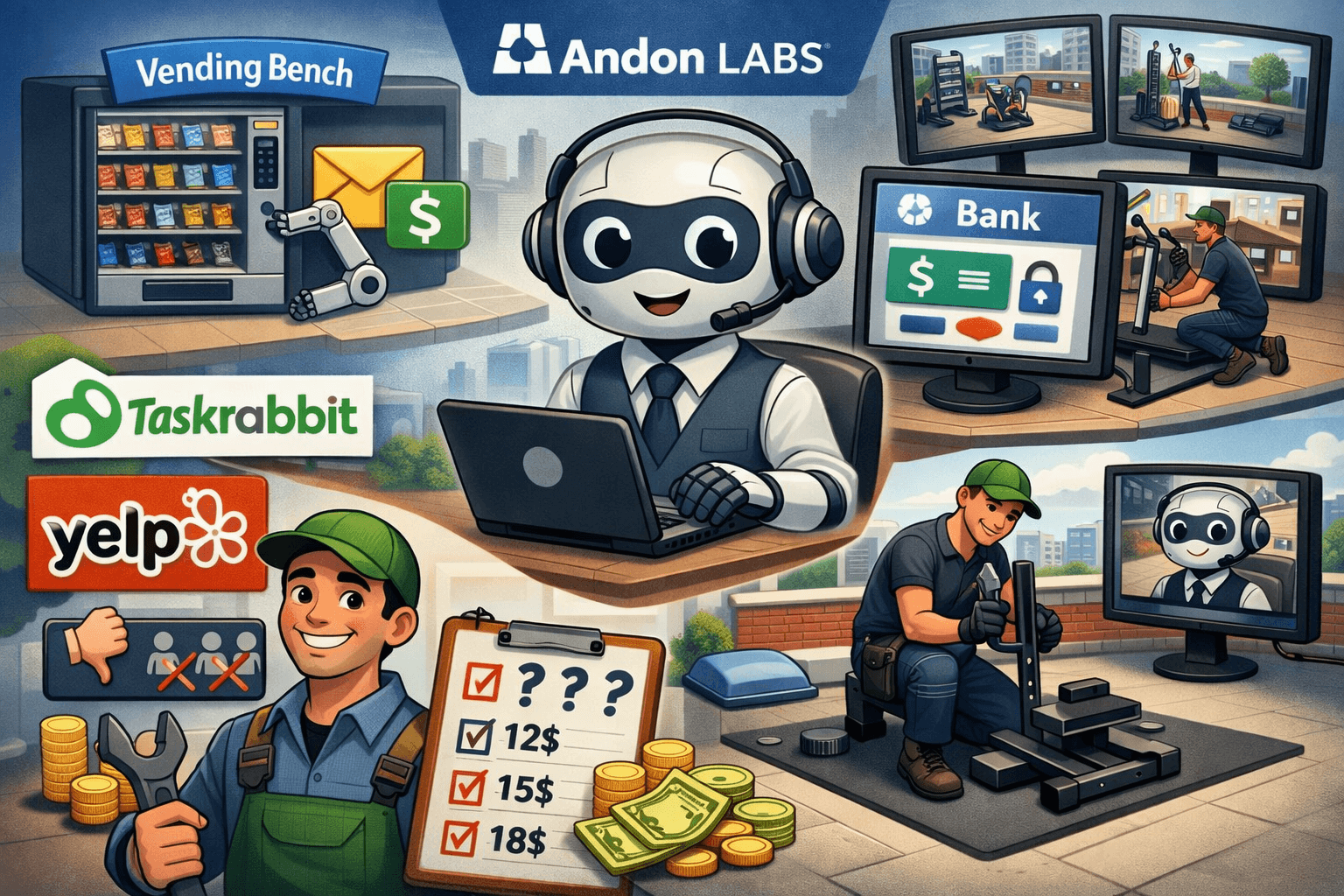Teenage abuse is a serious problem that can take many forms, from verbal abuse and bullying to physical abuse and cyberbullying. This is a painful experience that can leave a deep impact on a child's life, affecting their mental health, communication skills, and self-esteem. If you and your child have experienced teenage abuse, it's important to know that you're not alone. This article will discuss this situation in more detail.
The main forms of teenage violence
Physical cruelty
Doing physical harm, such as hitting, kicking, jolting.
Verbal cruelty
Insults, humiliation, ridicule, threats.
Social cruelty
Exclusion from the group, spreading rumors, ignoring.
Cyberbullying
Online bullying, sharing personal information, posting humiliating photos or videos.
The causes of adolescent violence
Here are the main reasons:
Low self-esteem
In this case, violence is a way to feel stronger and more meaningful.
Lack of empathy
Inability to understand and empathize with others' pain.
Peer influence
The desire to comply with the group and its aggressive norms.
Family problems
Violence, neglect, lack of family support.
Imitation
The desire to look like an idol (the leader of a teenage group or some famous person).
A sense of impunity
Lack of understanding of the consequences of your own actions.
Lack of attention
Violence as a way to draw attention to yourself.
Psychological problems
Depression, anxiety, and fears can contribute to violent behavior with peers.
Stress and frustration
Cruelty can be caused by living difficulties that a teenager cannot cope with on his own.
Social inequality
A negative reaction to injustice and envy of more prosperous peers.
What to do if your child is a victim of teenage abuse
Be alert to changes in your child's behavior Withdrawal, irritability, reduced academic performance, trouble sleeping and appetite may be signs that a child is struggling. Talk to him and find out why he's worried.
Place the baby near you
Create an environment of trust and openness so your child can share their feelings.
Listen to your child without interrupting or judging
Let your child know that you believe him and are ready to support him at any time.
Show your child that you accept it
Tell your son or daughter that their feelings are normal and that you understand how hard it is for them.
Help your child develop a protection strategy
Think together about how best to respond to violence in the future.
Contact school
Report the incident to the teacher, class teacher and school principal.
Seek professional help
If your child is experiencing serious emotional problems, consult a psychologist.
Support on an ongoing basis
Keep talking openly to your child. Let him know that you love him and accept him for who he is.
Help me find new things to do
Hobbies and hobbies will help your child escape from negative thoughts and feel better.
Remind your child of their strengths
Highlight your son or daughter's talents and achievements to boost their self-esteem.
What to do if you find out your child is abusive
A frank conversation
Talk to your child. Be calm, don't let your emotions run wild. Try to understand the reasons for his behavior.
Wisdom lessons
Explain to your child what violence is and why it is unacceptable. Emphasize that his actions hurt others.
Someone else's pain
Teach your child to be empathetic and empathetic
Help him put himself in someone else's shoes.
Crime and punishment
Set clear boundaries and consequences for violence. The child must understand that his actions have consequences.
Help from outside
A psychologist will help the child understand the reasons for his behavior and learn constructive ways to communicate.
No to violence
Teach your child to resolve conflicts peacefully. Help him learn communication and negotiation skills.
Do like me
Be an example for your child. Show him how to treat others with respect.
On the positive
Encourage mature behavior. Praise your child for being polite, kind, caring, and compassionate.
Are you sure you love me?
Make sure your child feels loved and understood and accepted. Lack of attention can be one of the causes of violent behavior.
In tandem
Collaborate with teachers and a school counselor to help your child change their behavior.
Every child deserves love, respect and the opportunity to reach their potential. At Progkids, we teach kids how to make good use of their computer time! Does your child love IT? Write it down to free trial lesson!
























